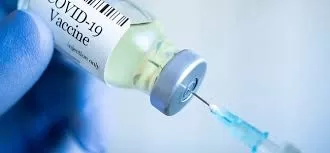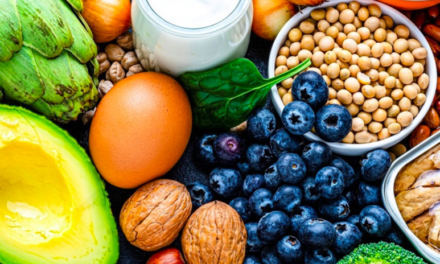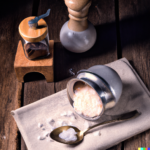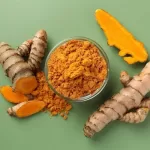
The Bill & Melinda Gates Foundation has pledged $40 million to support access to mRNA vaccines in Africa. This includes funding for a Belgian biotech firm and two prominent African vaccine manufacturers. Quantoom Biosciences, based in Nivelles, will receive $20 million to advance its mRNA manufacturing platform, while Senegal’s Institut Pasteur de Dakar and South Africa’s Biovac will each receive $5 million for technology procurement. An additional $10 million is earmarked for other vaccine producers interested in utilizing this platform.
mRNA vaccines revolutionized the global response to the COVID-19 pandemic, but their distribution was severely unequal. Various initiatives have since been launched to address this disparity and leverage this technology against existing threats, particularly those affecting lower-income nations, such as malaria and tuberculosis.
The World Health Organization established its mRNA vaccine technology hub in Cape Town earlier this year. One of its members, Afrigen Biologics, has already successfully produced Africa’s first mRNA vaccine for COVID-19 in a lab setting.
However, producing mRNA vaccines remains costly, especially when aiming for large-scale testing and deployment. Quantoom’s Ntensify platform enables more economical and efficient production of mRNA batches at scale. This development is seen as a crucial step towards achieving vaccine self-sufficiency in the region, according to Dr. Amadou Sall, CEO of the Institut Pasteur de Dakar.
Ntensify was initially developed with funding from the Gates Foundation to Quantoom’s parent company, Univercells, back in 2016. Afrigen is already utilizing this platform for projects related to Rift Valley fever and gonorrhea vaccines. Gates and Afrigen believe it has the potential to reduce vaccine development costs by half when compared to traditional mRNA technology.
“The second generation of mRNA is focused on cost reduction,” noted Petro Terblanche, CEO of Afrigen, during a phone call from Dakar.










